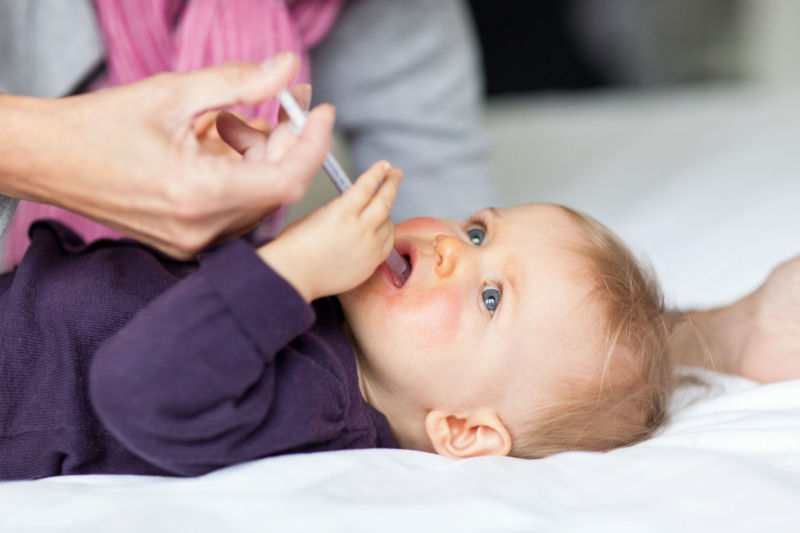Getting antibiotics as a baby may have lasting effects on brain, behavior
Ars Technica » Scientific Method 2017-04-07

Enlarge (credit: Getty | VOISIN)
Banishing bacteria from the body with antibiotics around birth may cause haywire signals in the brain and lasting behavioral changes, a series of studies suggests.
In the latest study, involving only mice, researchers found that low doses of penicillin given to pups before and after birth spurred changes in their blood-brain barrier and brain chemistry. The mice grew up to be more aggressive and have impaired social behavior, researchers reported Monday in Nature Communications.
That study backs up earlier work in mice, as well as in humans, showing that the microbes residing in our guts can, indeed, spark changes in our brains. In one small, notable study from 2014, researchers found that eating two servings of bacteria-loaded yogurt a day for four weeks altered brain chemistry in a dozen healthy women. This January, New Zealand researchers published a study involving 871 kids that found a correlation between getting antibiotics in the first year of life and having more behavioral problems and symptoms of depression when the kids reached the ages of seven and 11.